Warming Greenland ice sheet passes point of no return
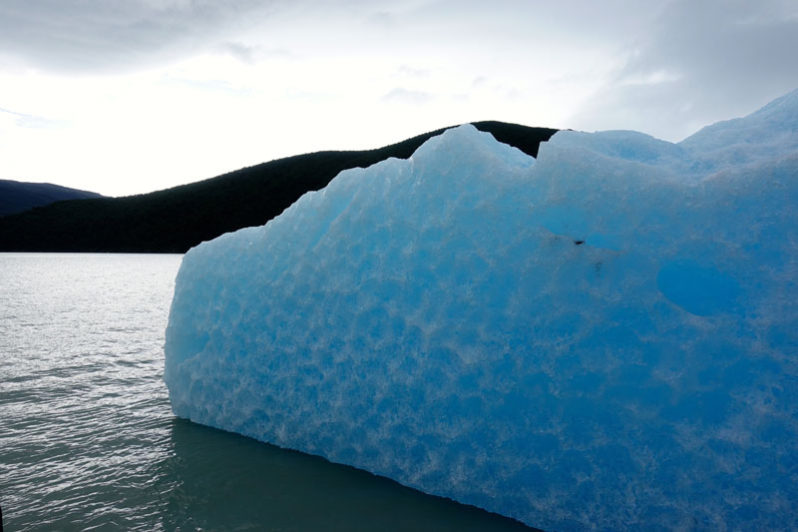
Nearly 40 years of satellite data from Greenland shows that glaciers on the island have shrunk so much that even if global warming were to stop today, the ice sheet would continue shrinking.
New study warns: We have underestimated the pace at which the Arctic is melting
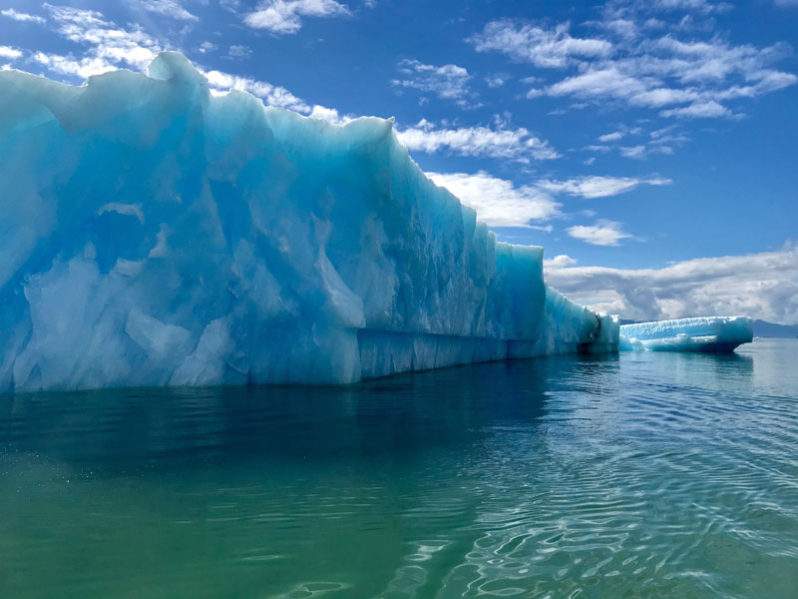
Arctic sea ice is melting more quickly than once assumed. Today’s climate models have yet to incorporate the steep rise in temperatures that have occurred over the past 40 years. This, according to a new study by researchers at the University of Copenhagen and other institutions.
A warming California sets the stage for future floods
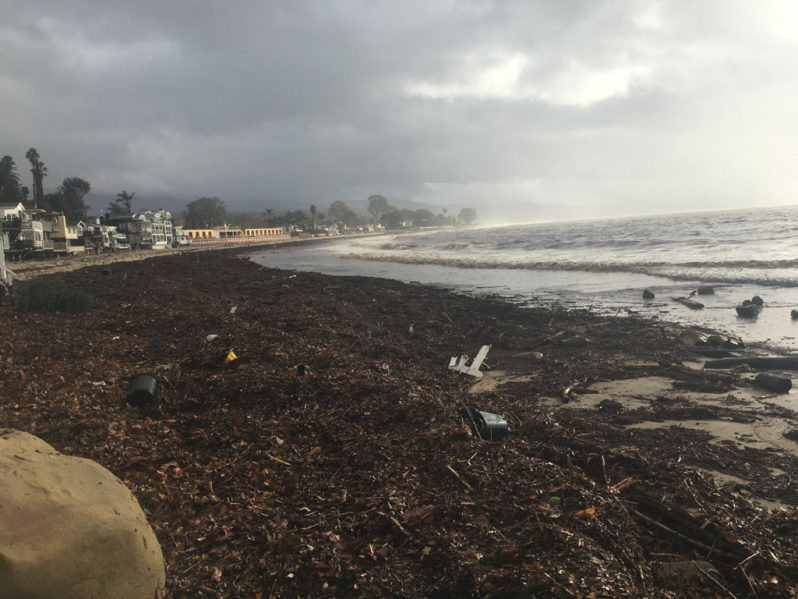
By the 2070s, global warming will increase extreme rainfall and reduce snowfall in the Sierra Nevada, delivering a double whammy that will likely overwhelm California’s reservoirs and heighten the risk of flooding in much of the state, according to a new study by UCLA climate scientists.
Ice caps formed during Little Ice Age roughly 5,000 years ago completely disappear from Canada
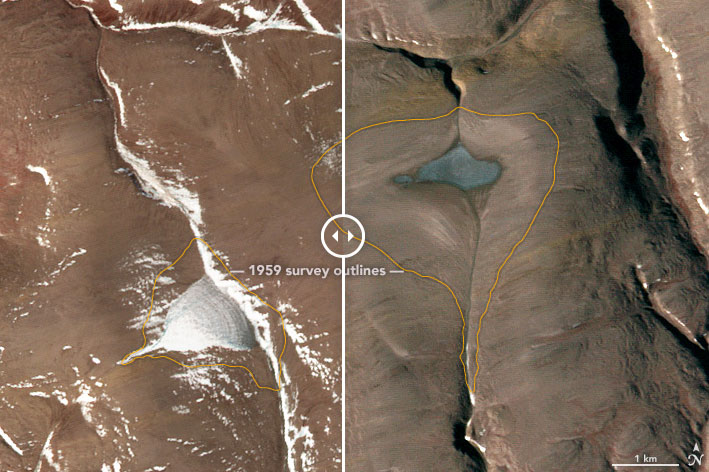
Two ancient ice caps in Canada have completely melted — two years earlier than scientists predicted. NASA satellite imagery captured the disappearance of the St. Patrick Bay ice caps, which date back roughly 5,000 years to the Little Ice Age.
Coastal flooding set to get more frequent, threatening coastal life and global GDP

Coastal flooding across the world is set to rise by around 50 percent due to climate change in the next 80 years, endangering millions more people and trillions of US dollars more of coastal infrastructure, new research shows.
A Year In The Life Of Earth’s CO2
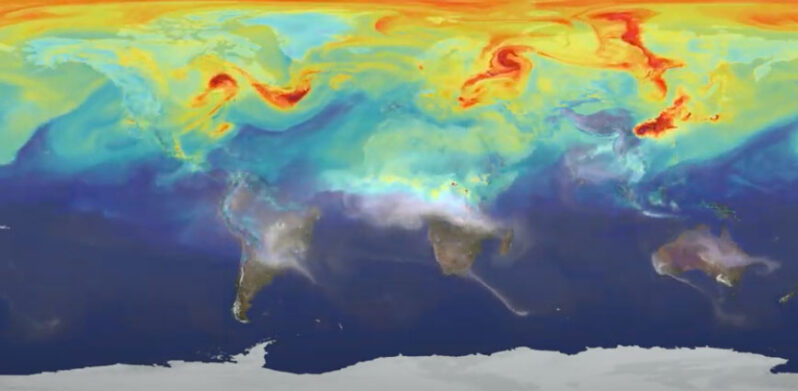
From NASA (2014): An ultra-high-resolution NASA computer model has given scientists a stunning new look at how carbon.
Most polar bears to disappear by 2100, study predicts
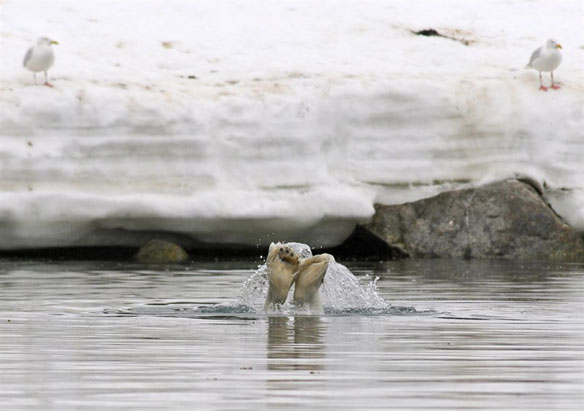
Melting Arctic sea ice could cause starvation and reproductive failure for many as early as 2040, scientists warn.
Climate change could make toxic algal blooms in our oceans more deadly
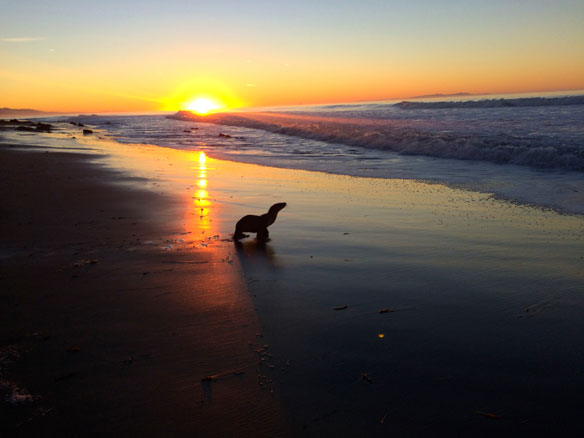
Late spring and early summer in California bring thousands of marine mammals to the state’s beaches, as groups of California sea lions, elephant seals and harbor seals give birth along the shore. But toxic algal blooms are increasingly poisoning these marine mammals.
Relentless heat wave to bake the U.S. for “multiple weeks”

The National Weather Service is forecasting 75 or more record-high temperatures to be approached or broken from Friday to Tuesday alone, and that number is likely to grow significantly into next week.
